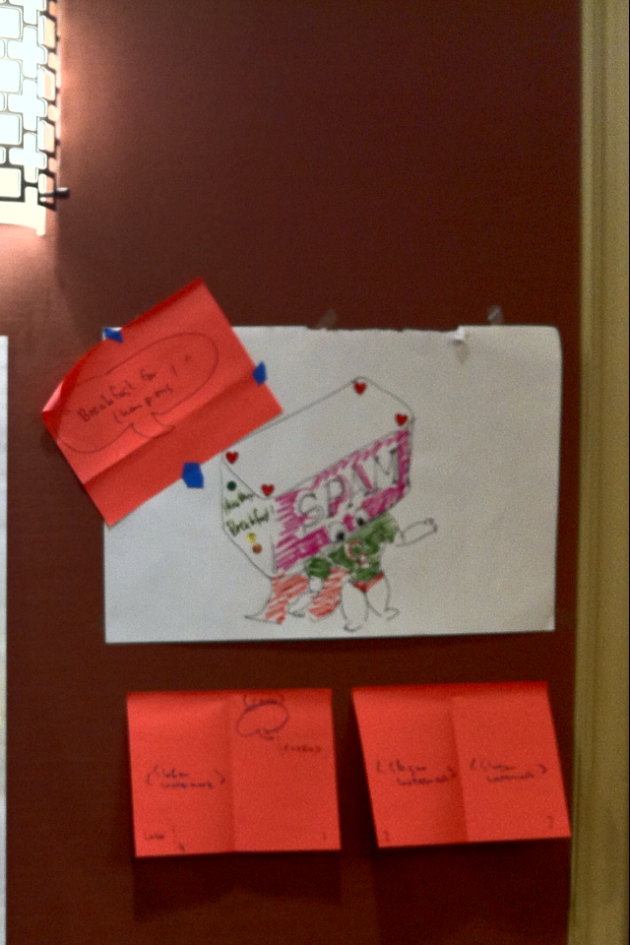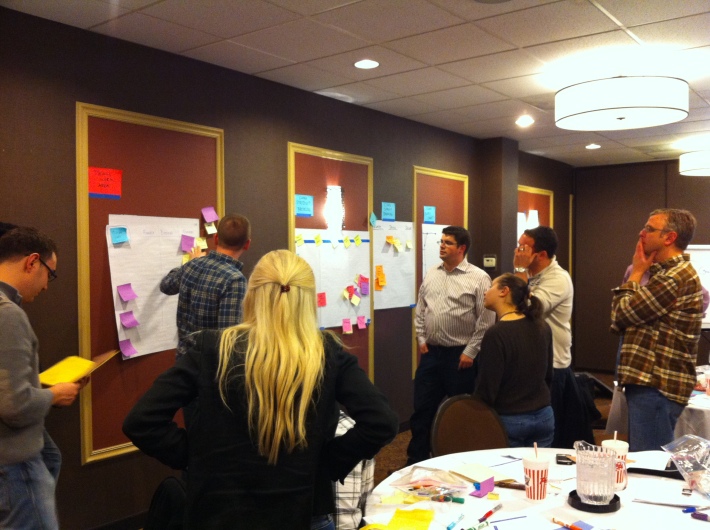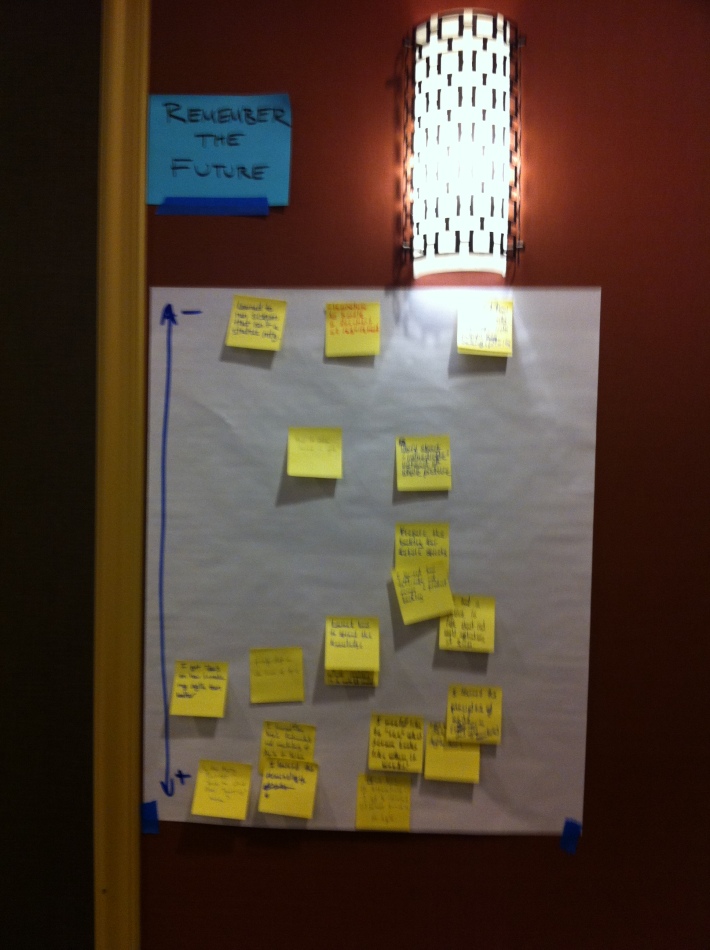I was in the process of reviewing the book “Exploring Scrum: the Fundamentals” by Dan Raswsthorne and Doug Shimp of 3Back. I thought the Team Values bears emphasizing (I believe not just within an agile team but more so for any teams that are endeavoring together in a project or program):
- Openness—I believe the openness is not limited within the team itself, but will include the SMEs, stakeholders and the business owner. There should not be any secrets, nor should anyone be on a “need to know basis only.” I have worked in non projectized structural organizations, along with functional silos in the past. Nothing irritates me more than the lack of openness and forthrightness even with an enterprise.
- Focus—this is “elementary my dear Watson.” The entire agile or Scrum team must have laser like focus on what is necessary, important, in everything that they do. It would be similar to the eye-shades that race horses put on, during a race. Not that the peripheral vision is darkened (for team members), everyone’s vision is the accomplishment of the sprint goal.
- Commitment—all agreements and commitments made by the team members, including those outside of the team (SMEs, stakeholders and business owner or sponsor) are followed through. Everyone is true to their word, everyone’s word “is their bond.” There isn’t a need for a written contract for what everyone has agreed to. I love people who deliver based on their prior commitments.
- Respect—the team members believe and have the presumption that people are always doing their best they can do at any point in time, or any given point in time. The team respects all points of view, including those outside of the team who are looking in (SMEs, stakeholders, and business owner). Finger pointing and blame pointing (so prevalent in my two previous work lives or organizations) were pretty disappointing, counterproductive and morale killer.
- Courage—the team has the courage to say no, to make the current state of the product visible and transparent, and the courage to stay open with each other. It is the courage to move forward even without having all the information up front, to overcome team inertia.
- Visibility—to make the state of the product visible to outsiders (SMEs, stakeholders and business owner). The state of the product is available to the latter.
- Humor—this is take things in stride, to be able to laugh at ourselves without being self deprecating, a means to re generate and keep the team velocity constant.
I believe even non Agile teams can incorporate these values to their team or teams. I challenge the reader to incorporate these values in your sales team, service team, or marketing team. Let me know how these have changed your organization.



